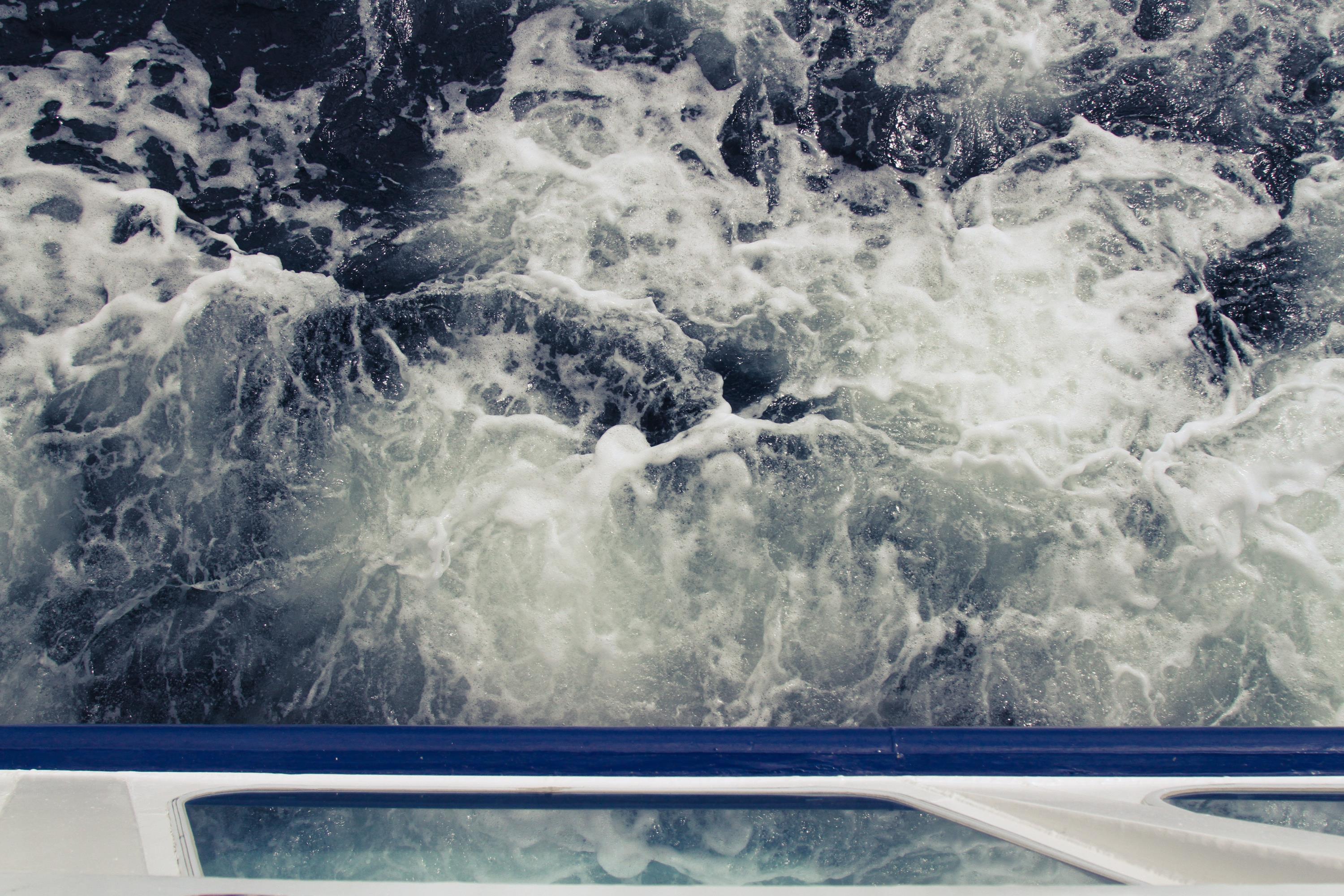
Piloting Your Boat in an Emergency Situation
1. Stay Afloat
This is the boating equivalent of aviate. It’s a top priority in a boating emergency, whether stemming a leak, bailing out a swamped bilge, extinguishing a fire or getting the anchor down to keep the boat from drifting into the surf. I was reminded of this recently while returning from a fishing trip. A fellow boater excitedly flagged me down. He had lost power and was in danger of drifting into the jetty. He asked for a tow, but I had other ideas. I encouraged him to get the anchor down immediately.
He was no longer in danger of dashing his boat on the rocks. I stood by and offered advice while he attempted to restart his engine. It turned out to be a simple case of a detached safety-stop lanyard. He was soon on his way.
2. Head for Port
This is the equivalent of Hendrix’s second step — navigate.
For some boaters, however, having been successful in step 1 — staying afloat — might suggest that they can put off step 2, But it can be a mistake.
This was displayed vividly on a recent trip while amid a group of boats fishing the backside of Santa Catalina Island. The automatic bilge pump of a nearby 23-foot twin-outboard center console seemed to be cycling on with disturbing frequency. It was keeping the boat afloat, but at a cost.
After three hours, it drained one of the starting batteries. Now the captain was unable to start one engine, and the bilge pump no longer worked. He finally made the decision to limp home on a single engine as crew members manually bailed water from the bilge.
3. Communicate
Communicating is important, but don’t let it interfere with steps 1 or 2. For example, on an airplane, if the engines die, the pilot doesn’t rush to the radio. Instead he rushes to restart the engines.
Similarly, if a fire breaks out on your boat, don’t rush to the VHF mic. Instead rush for a fire extinguisher. Once you have done everything possible to resolve the issue, then grab the VHF mic and communicate with authorities. If you and your crew are in mortal danger or have injured crew members, issue a Mayday call.